SEPTEMBER 24
1957—President Dwight Eisenhower orders federal troops into Little Rock, Ark., to prevent angry Whites from interfering with the integration of the city’s Central High School by nine Black students. The confrontation was one of the most dramatic during the early days of the Civil Rights Movement. Governor Orval Faubus had vowed to go to jail to block the court ordered desegregation of the school claiming that Whites would be destroyed if they integrated with Blacks. But the confrontation settled the issue of whether states had to obey orders issued by federal courts.
1965—President Lyndon Johnson issues what is generally considered the nation’s first affirmative action order—Executive Order #11246. It required companies receiving federal construction contracts to ensure equality in the hiring of minorities. Despite a disastrous war in Vietnam that would eventually force his resignation, the Southern-born Johnson generally supported a host of legislative and executive efforts beneficial to Blacks.
- SEPTEMBER 25
1861—The Secretary of the Navy authorizes the enlistment of free Blacks and slaves as Union sailors in a bid to help the North win the Civil War against pro-slavery Southern Whites who had proven more difficult in battle than the North had originally expected.
1962—In another one of those instances demonstrating the tenacity of racism among Southern Whites, Mississippi Gov. Ross Barnett defies a federal court order and personally stands in the door to block the admittance of a Black student—James Meredith—to the University of Mississippi. Meredith would eventually be admitted and graduate. Historians now generally believe Ross’ “show” was primarily designed to curry favor among White voters not actually to stop desegregation of the then-all-White university.
- SEPTEMBER 26
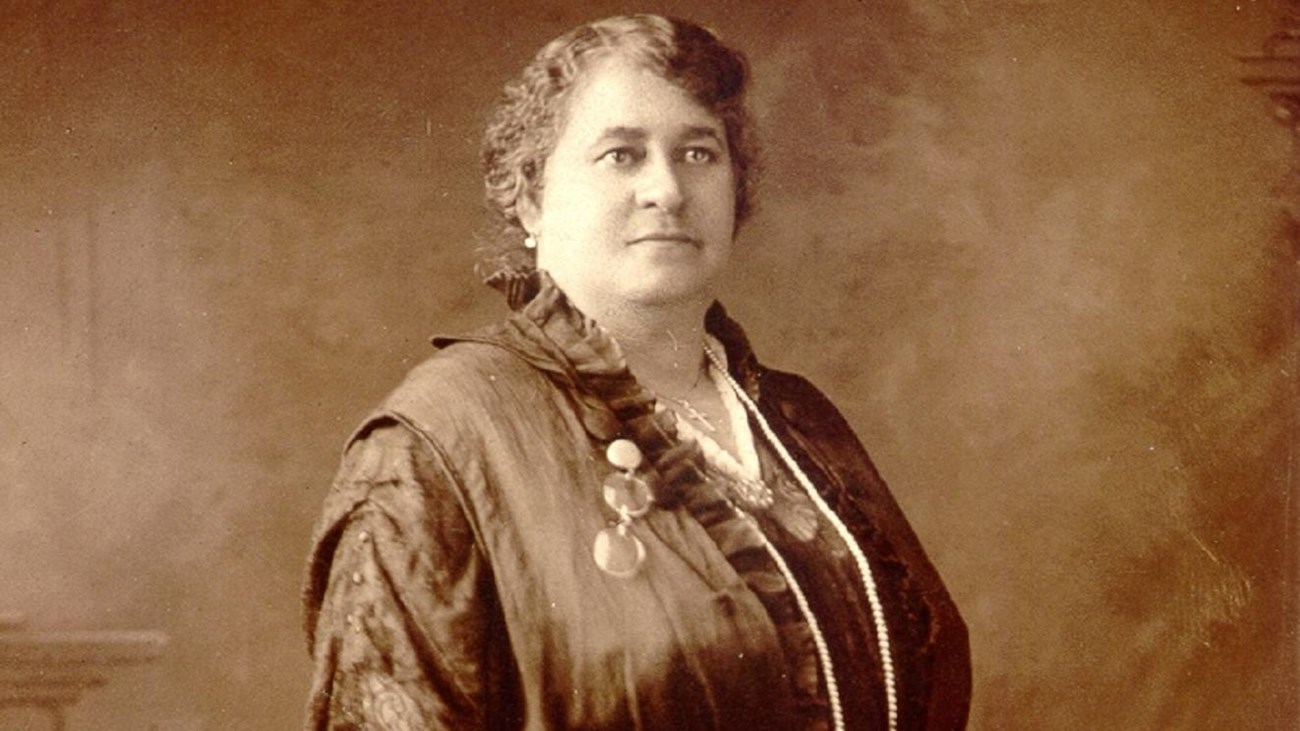
1867—Maggie L. Walker is born. She would become the most prominent Black businesswoman in the Richmond, Va., area and one of the wealthiest Black women in the nation. She also became the first Black woman to establish a bank in the nation. A social activist, she would help establish the Lilly Black political party in part as a slap at the “Lilly White” political parties of the day.
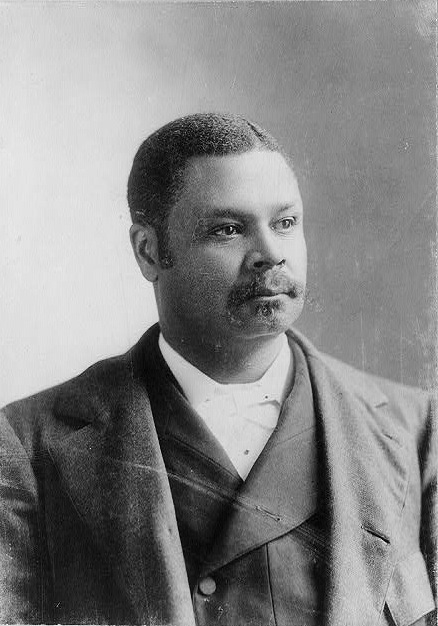
1907—The People’s Savings Bank is incorporated in Philadelphia by one of the nation’s early Black Congressman George H. White. White had been pretty much forced out of Congress as Jim Crow laws led to the increasing disenfranchisement of Black voters after Reconstruction. After leaving Congress, he turned his attention to Black economic advancement. His bank helped thousands of Blacks buy homes.

1929—Ida Stephens Owens is born. She would become the nation’s first Black female bio-chemist.
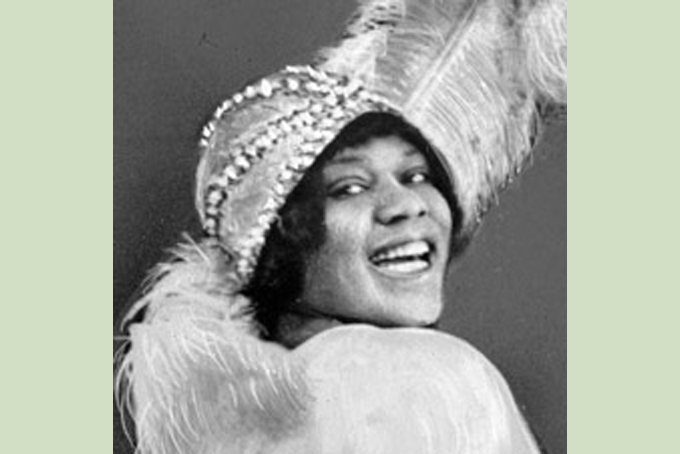
1937—Blues great Bessie Smith dies of injuries sustained in an automobile accident near Clarksdale, Miss. Rumors spread that White medics refused to treat her. However, later information did cast doubt on the accuracy of those rumors.
- SEPTEMBER 27

1817—Hiram R. Revels is born free in Fayetteville, N.C. Revels becomes the first Black to serve in the United States Senate shortly after the Civil War.
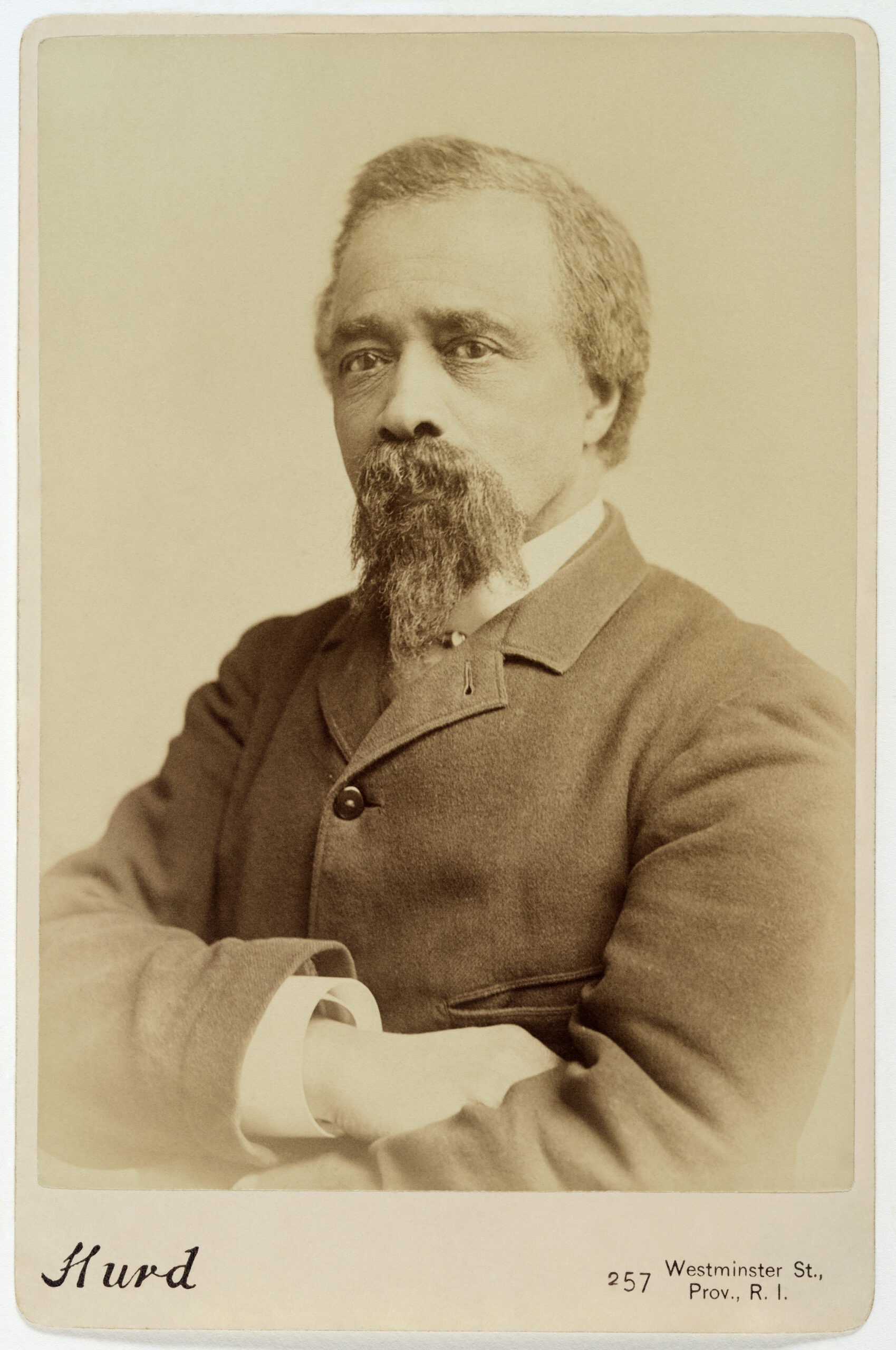
1876—Edward Mitchell Bannister upsets racist Whites who believe Blacks have no artistic skill by winning a bronze medal for a painting he displayed at the American Centennial Exposition in Philadelphia.
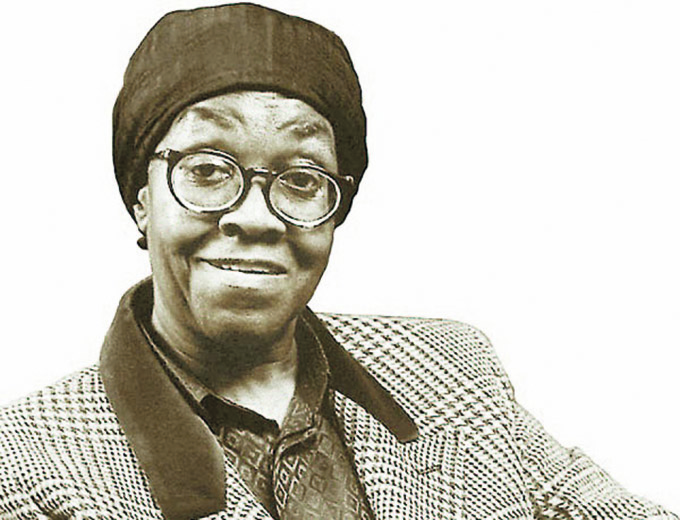
1950—Gwendolyn Brooks is awarded Pulitzer Prize for her book of poetry—“Annie Allen.” She was the first Black so honored. Brooks published her first poem in a children’s magazine, “American Childhood,” when she was 13 years old. By the time she was 16, she had compiled a portfolio of around 75 published poems and had her work critiqued by poet and novelist James Weldon Johnson. At 17, she started submitting her work to “Lights and Shadows,” the poetry column of the Chicago Defender, an African American newspaper. Her poems, many published while she attended Wilson Junior College, ranged in style from traditional ballads and sonnets to poems using blues rhythms in free verse.
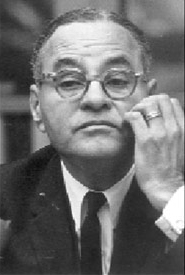
1950—Ralph J. Bunch is awarded the Nobel Peace Prize for his work in mediating a conflict between Palestinians and the newly established Jewish state of Israel. Arabs had gone to war arguing the Jewish state had been established on land which rightfully belonged to the Palestinians.
- SEPTEMBER 28

1785—Abolitionist and writer David Walker is born. Walker is best known for his powerful anti-slavery pamphlet “David Walker’s Appeal.” The “Appeal” was published on this same day in 1829.
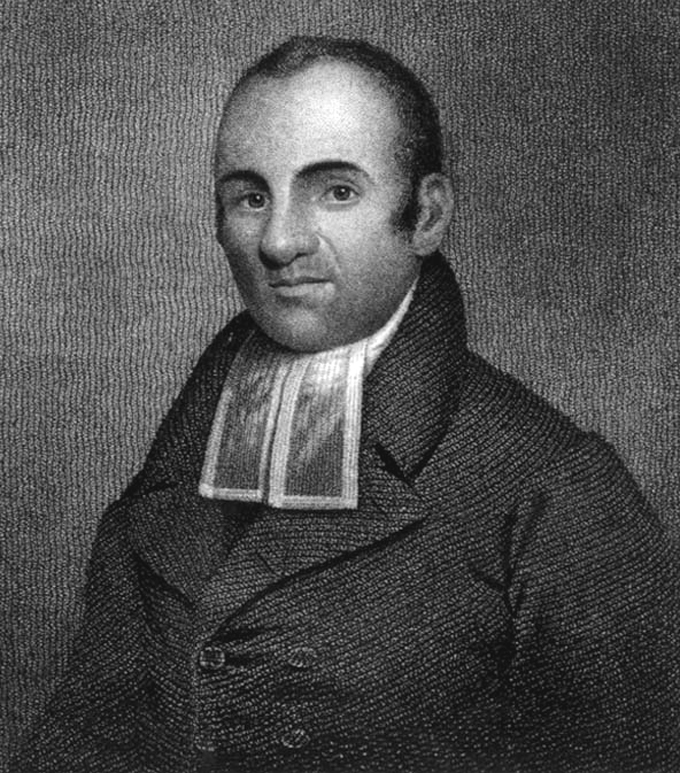
1833—Reverend Lemuel Haynes dies at 88. He was one of the leading Black veterans of America’s war for independence from England.
1868—The Opelousas Massacre occurs. Racist Whites launch a terror campaign in St. Landry Parrish, La., resulting in the deaths of at least 200 Blacks.
1895—The National Baptist Convention is founded.

1991—Jazz Trumpeter Miles Davis dies in Santa Monica, Calif., of a stroke. He was 65.
- SEPTEMBER 29
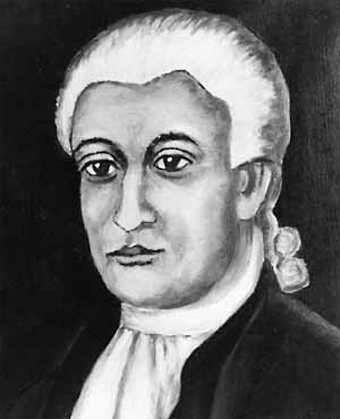
1784—First African American Masonic lodge is established by Prince Hall. Hall headed lodge number 459 and was referred to as the “Worshipful Master.” He would also become a leading figure in the struggle for African Americans rights during this early period in U.S. history.
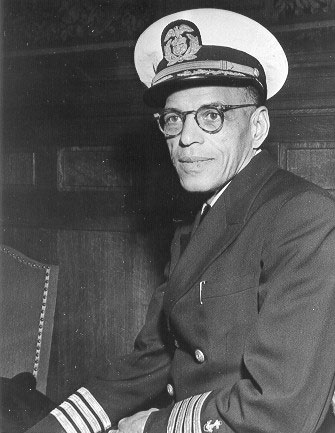
1940—The first U.S. merchant ship commanded by a Black captain—Hugh Mulzac—is launched in Wilmington, Del. The ship is named the “Booker T. Washington.”
1962—President John F. Kennedy finally sends federal troops to force the integration of the University of Mississippi.
1975—The nation’s first Black-owned television station— WGPR—begins broadcasting in Detroit.

1979—William Arthur Lewis, economics professor at Princeton University, becomes the first Black to receive a Nobel Prize in Economics.

2001—Mabel Fairbanks dies at 85. She was the first Black woman to be inducted into the Figure Skating Hall of Fame. She coached Olympic greats Tai Babilonia and Randy Gardner.